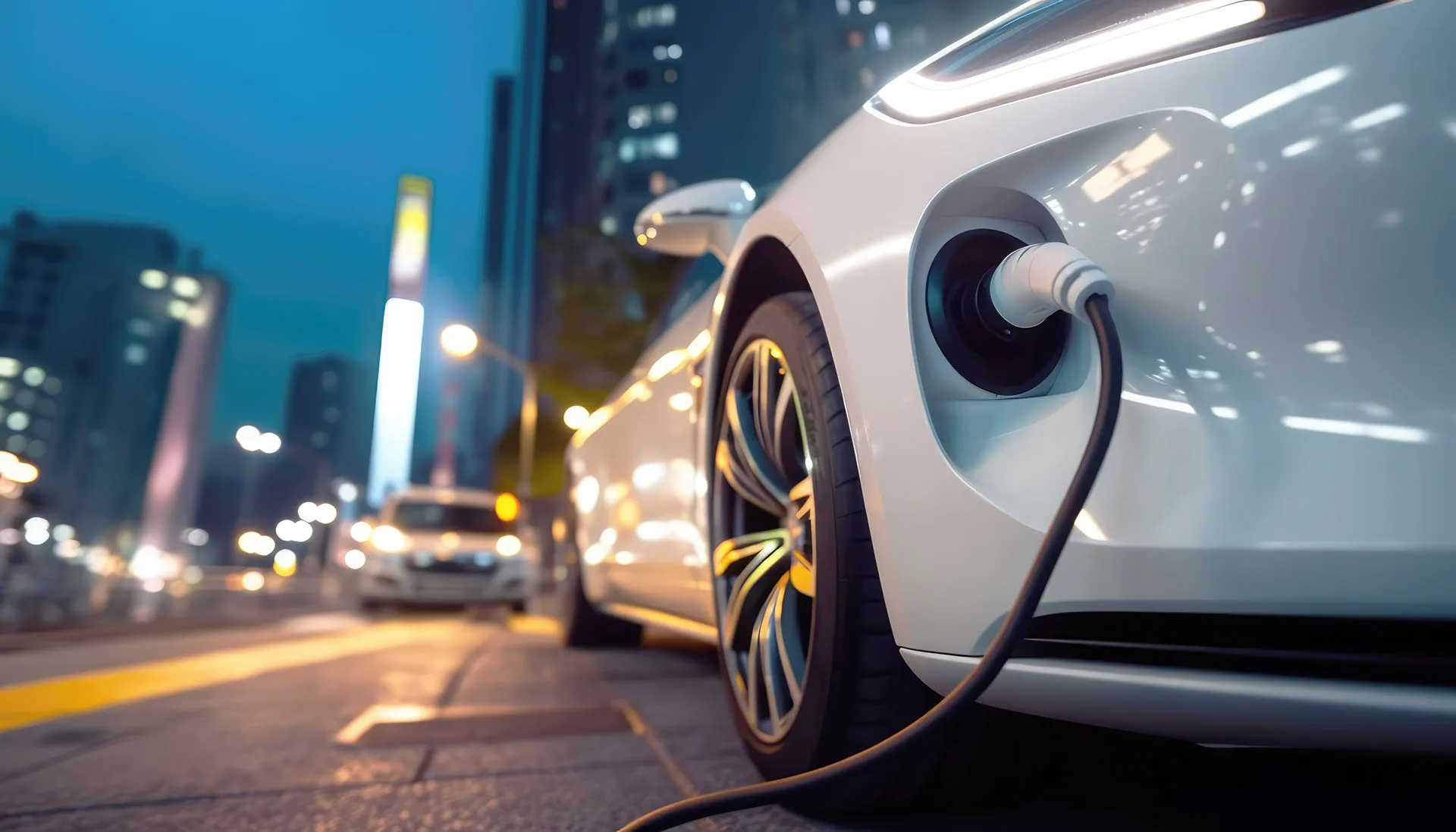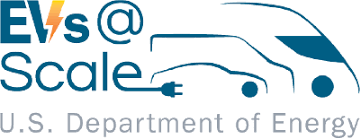
Insights from the EVs@Scale Lab Consortium Meeting

Recently, I had the privilege of attending the EVs@Scale Lab Consortium Meeting at NREL, an event showcasing the collective efforts of stakeholders committed to advancing electric vehicle (EV) technology and infrastructure. This gathering convened a diverse range of experts, all aligned in their mission to promote widespread EV adoption, emphasizing the effectiveness of collaboration in addressing challenges and seizing opportunities in the electric transportation transition.
To that end, one significant research focus of the consortium is high-power charging, particularly exploring the potential of DC-coupled charging topologies and solutions. The group understands that these innovations have the capacity to transform EV charging infrastructure, enhancing its affordability, convenience, and reliability. Therefore, through targeted research and development in this area, the consortium aims to expedite the decarbonization of the transportation sector.
What is EVs@Scale?
For those unfamiliar with the group, the EVs@Scale Lab Consortium, overseen by the U.S. DOE, brings together stakeholders from government agencies, academic institutions, industry partners, and six national labs: Argonne National Laboratory (ANL), Idaho National Laboratory (INL), National Renewable Energy Laboratory (NREL), Oak Ridge National Laboratory (ORNL), Pacific Northwest National Laboratory (PNNL), and Sandia National Laboratories (SNL). This collaboration conducts research and development in EV charging and grid infrastructure, driving innovation and scaling efforts toward achieving emission-free transportation. Their research endeavors aim to confront the challenges of scaling EV technology and infrastructure, with the ultimate goal of boosting adoption rates and curbing greenhouse gas emissions from the transportation sector.
Despite notable progress in EV technology and infrastructure, there remains substantial work ahead. By fostering collaboration across sectors and leveraging the expertise of diverse stakeholders, the EVs@Scale Lab Consortium continues to drive innovation and pave the way for a sustainable transportation future. In conclusion, my participation in the EVs@Scale Lab Consortium Meeting was both inspiring and enlightening, reaffirming my belief in the transformative power of collaboration and highlighting the importance of investing in research and development to expedite the transition to electric vehicles. Together, we can forge a cleaner, more sustainable future for generations to come.